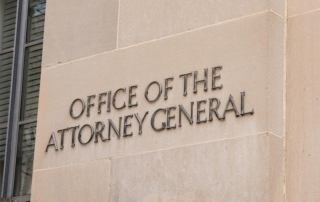DOJ Reaffirms Aggressive Prosecution of Corporate Crime
Last fall Deputy Attorney General Lisa Monaco announced the Department of Justice’s more aggressive approach to corporate compliance. In her policy speech this week, she highlighted a series of new policies and warned cooperating companies not to slow walk their disclosures, told prosecutors to speed up their investigations and expanded self-reporting programs throughout the [...]









